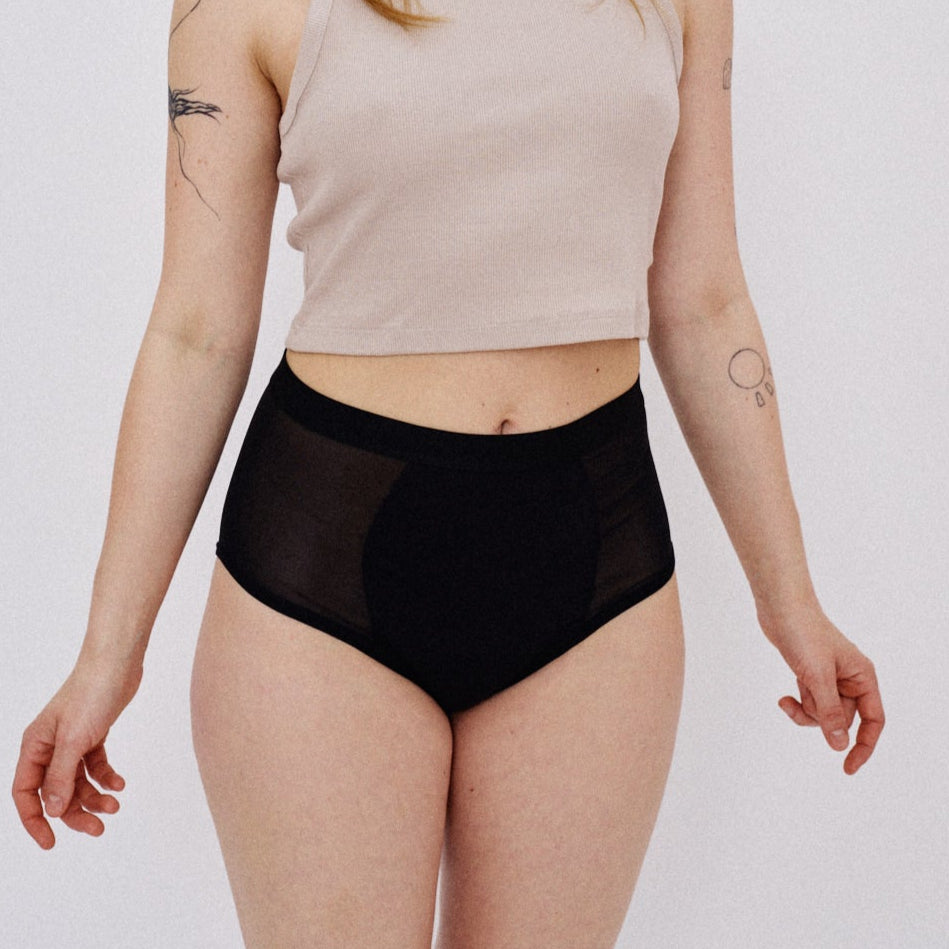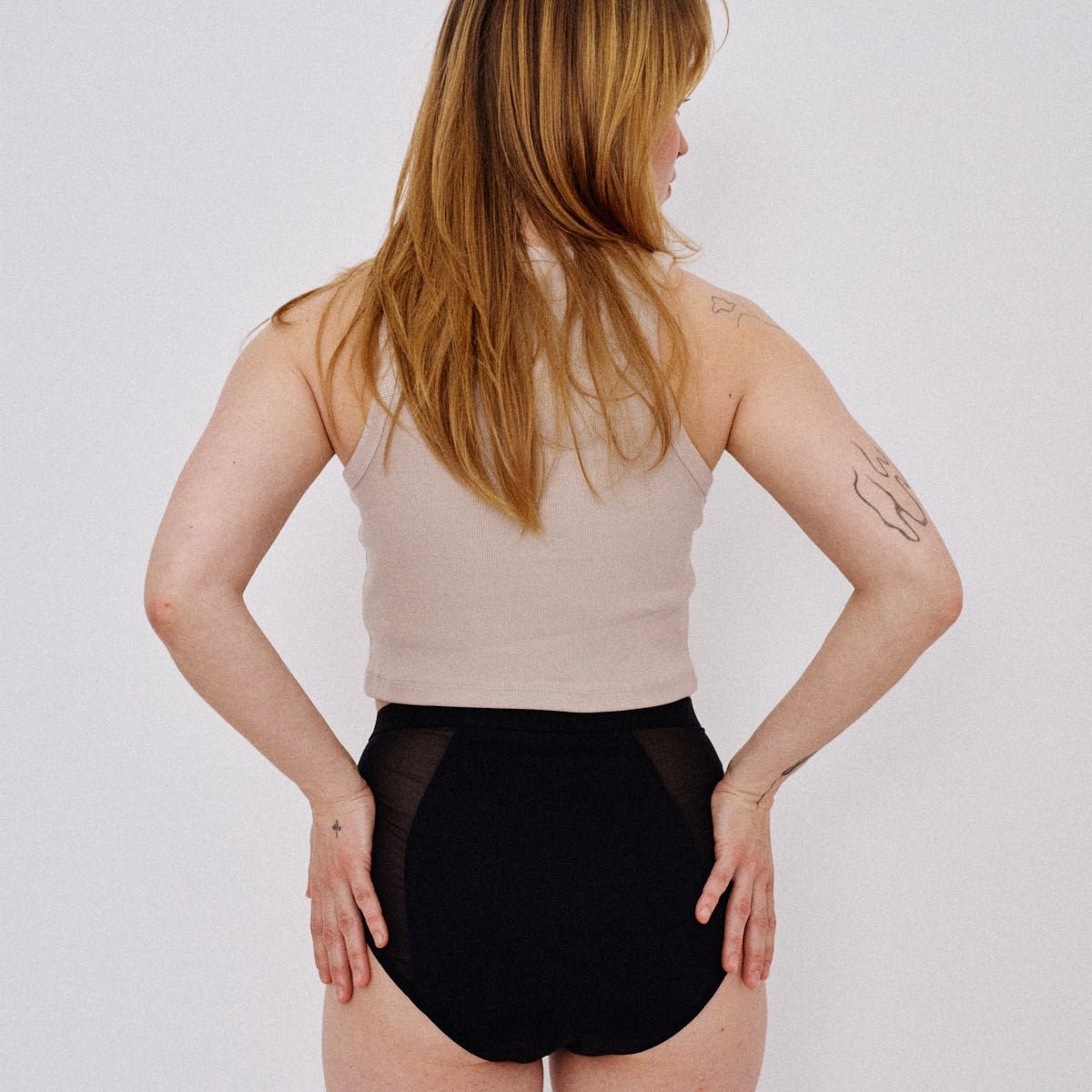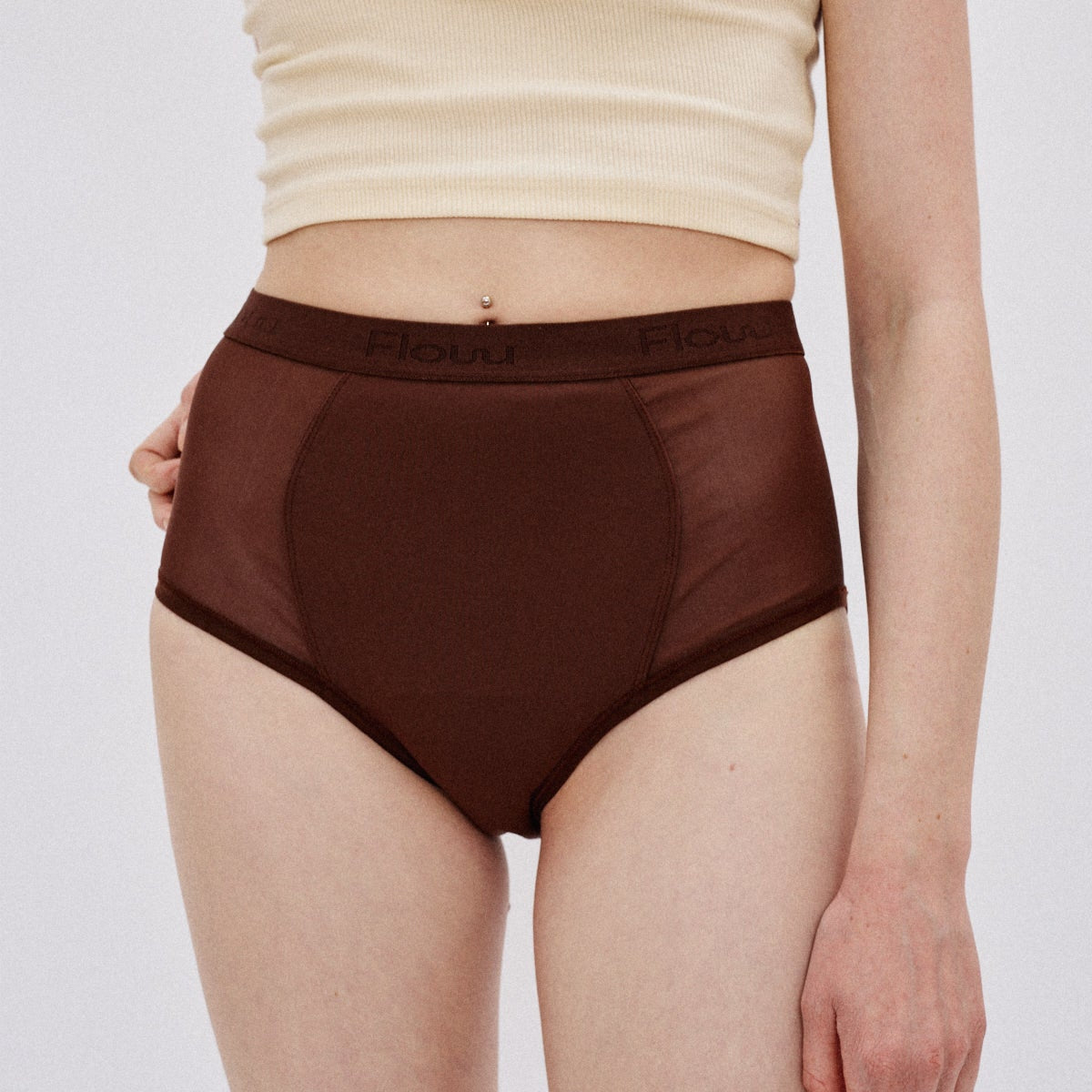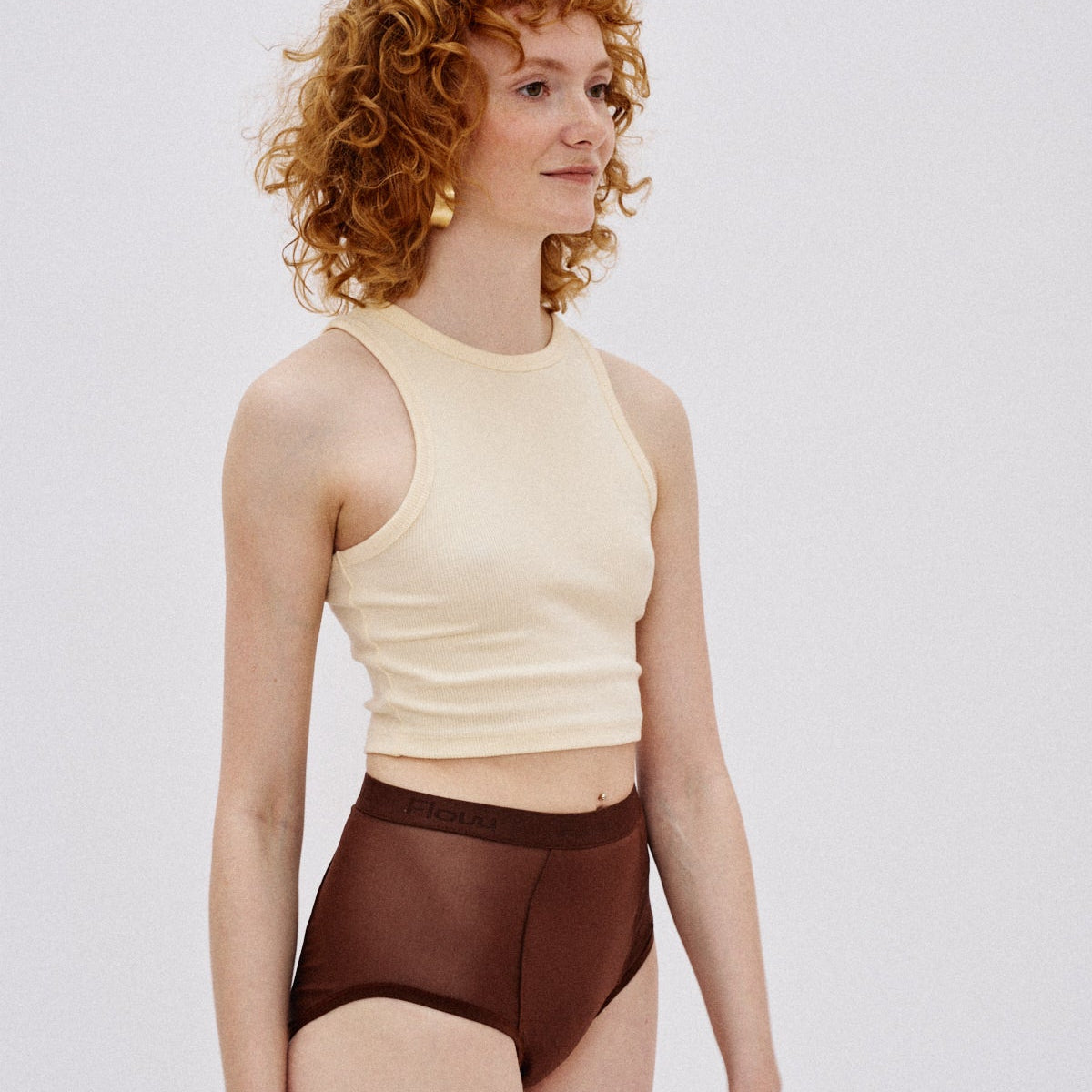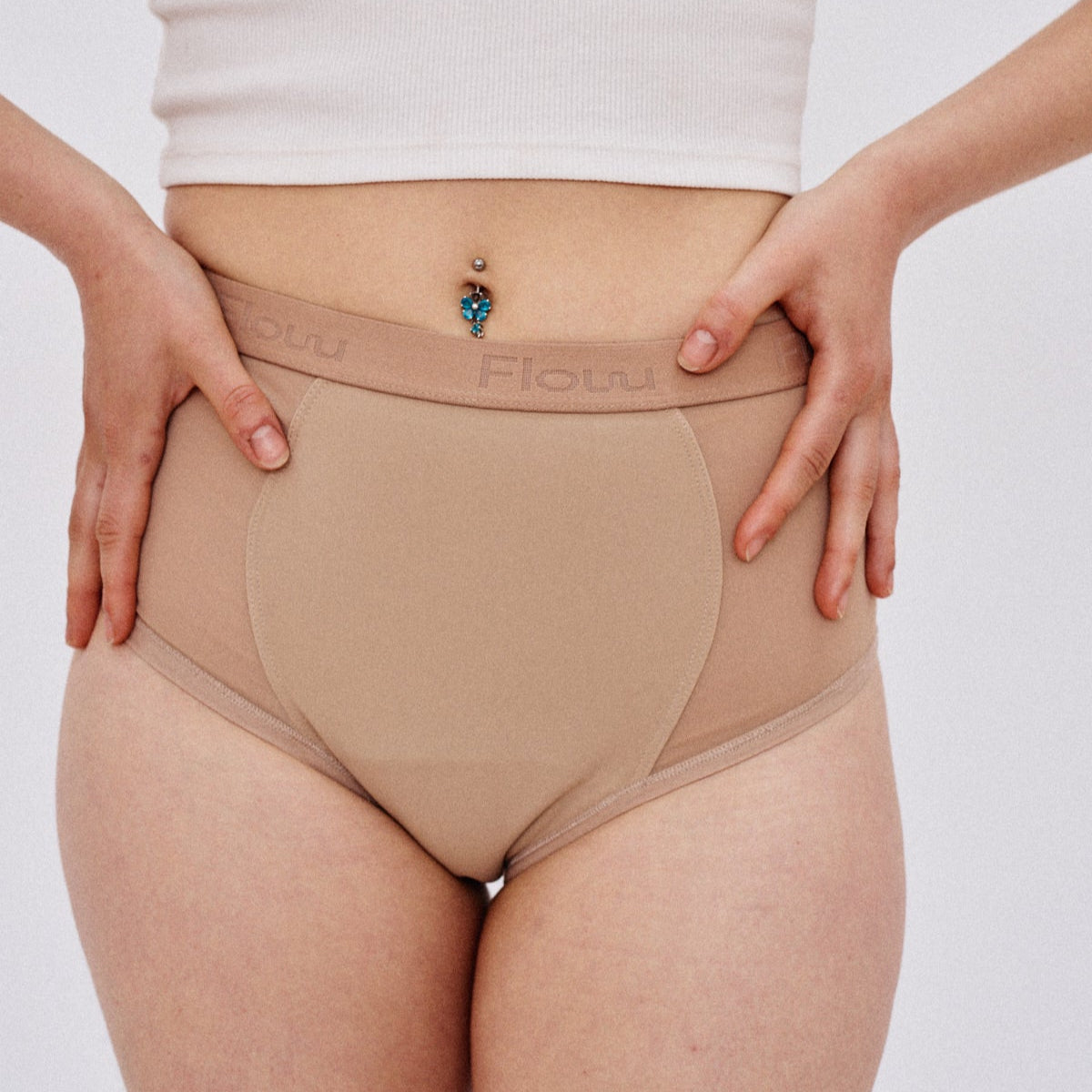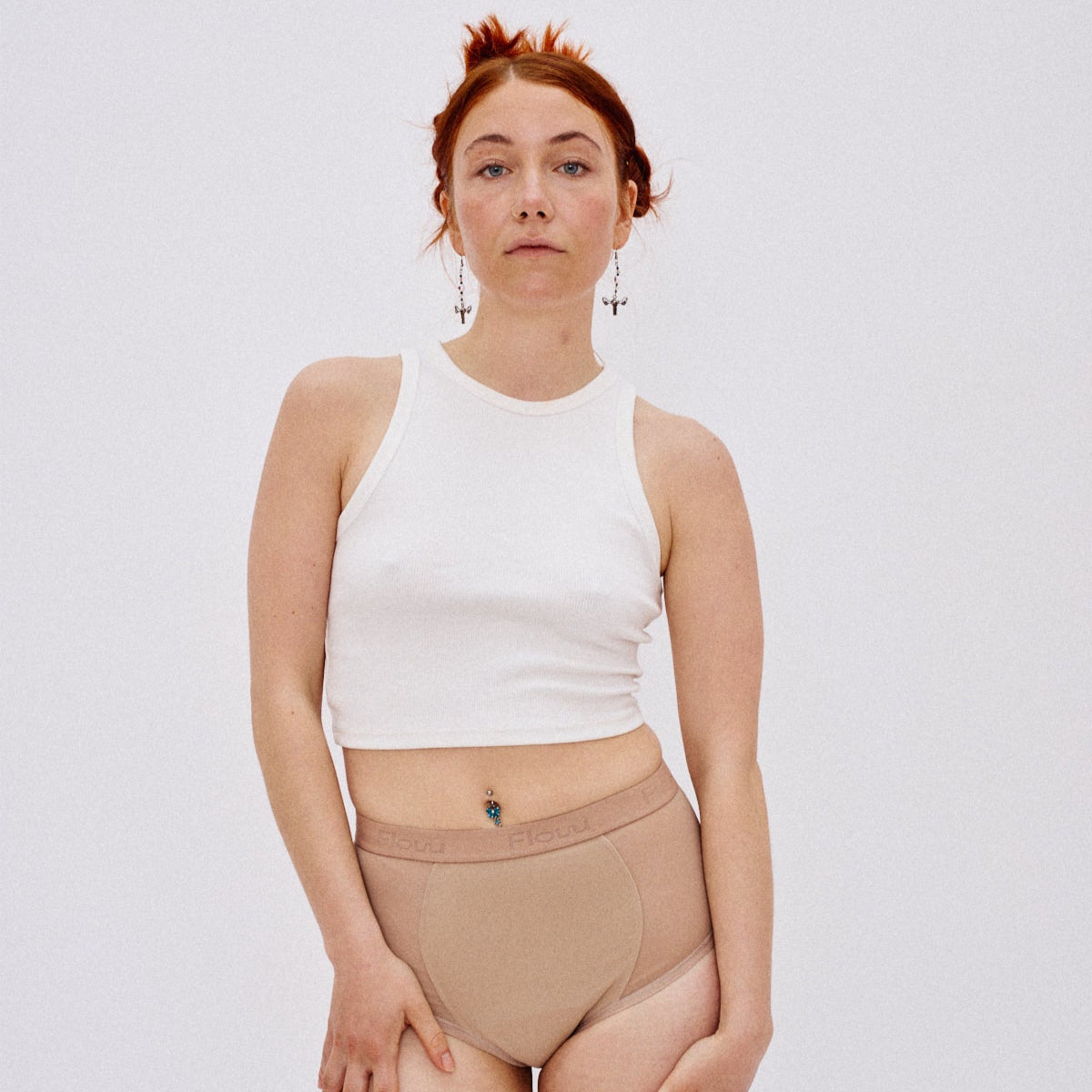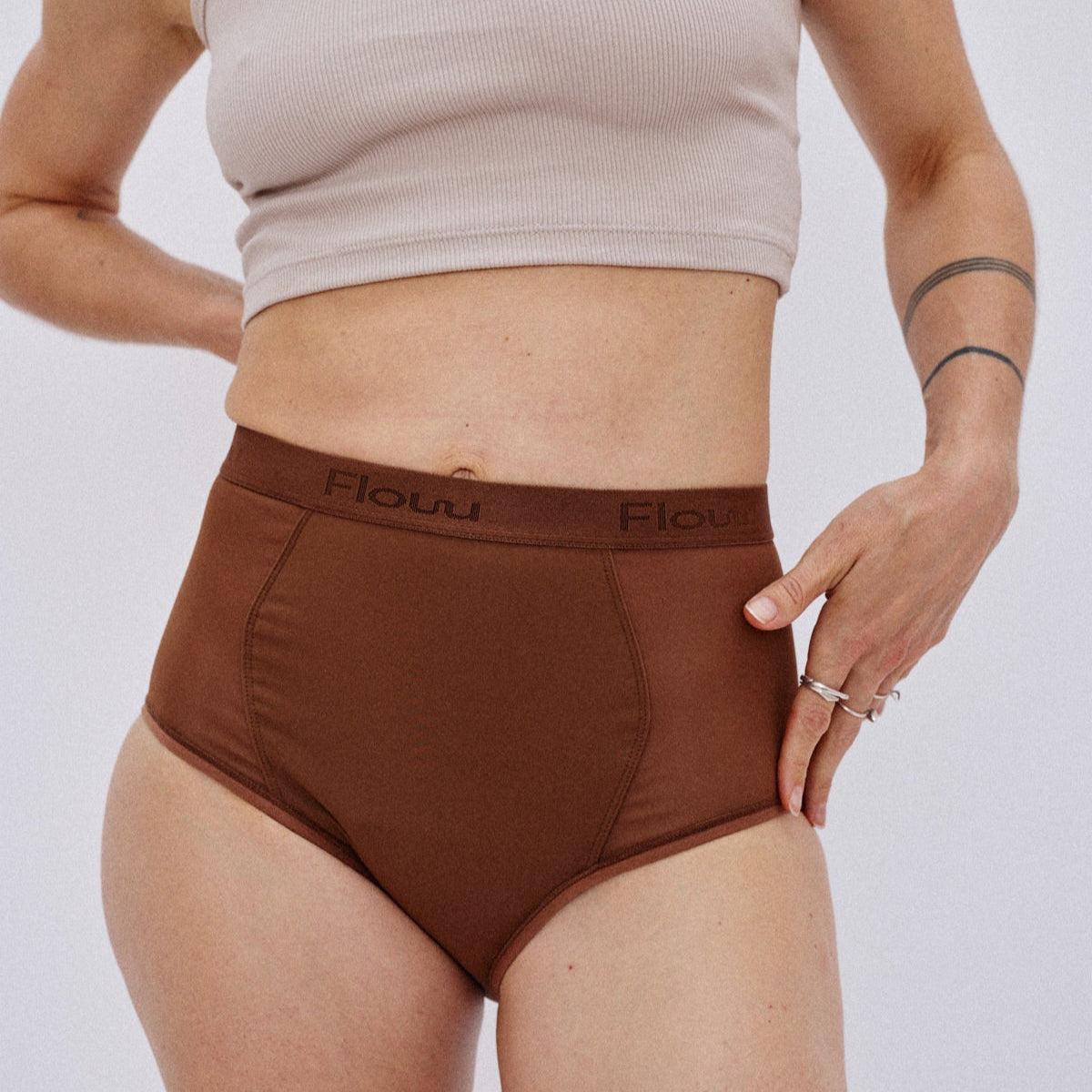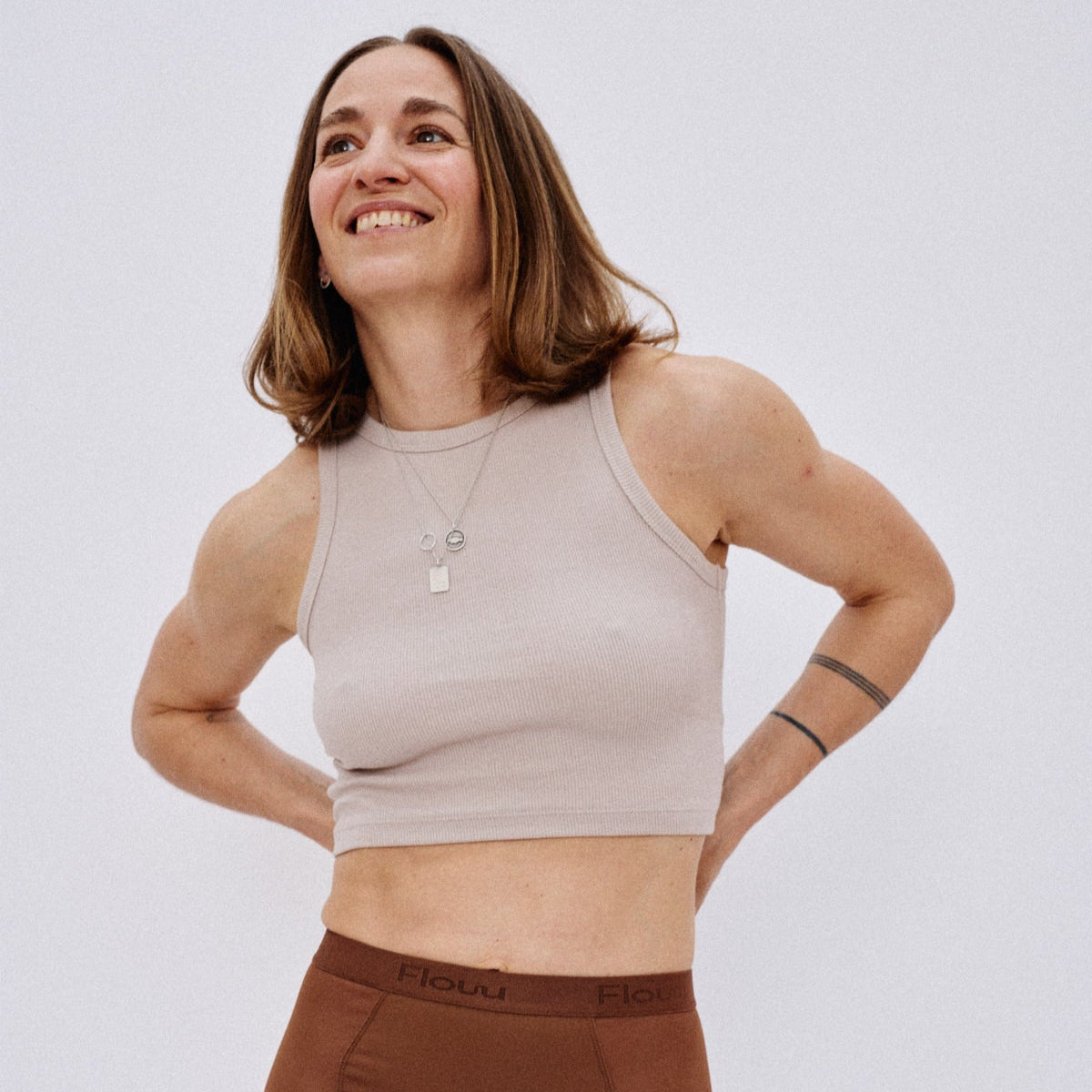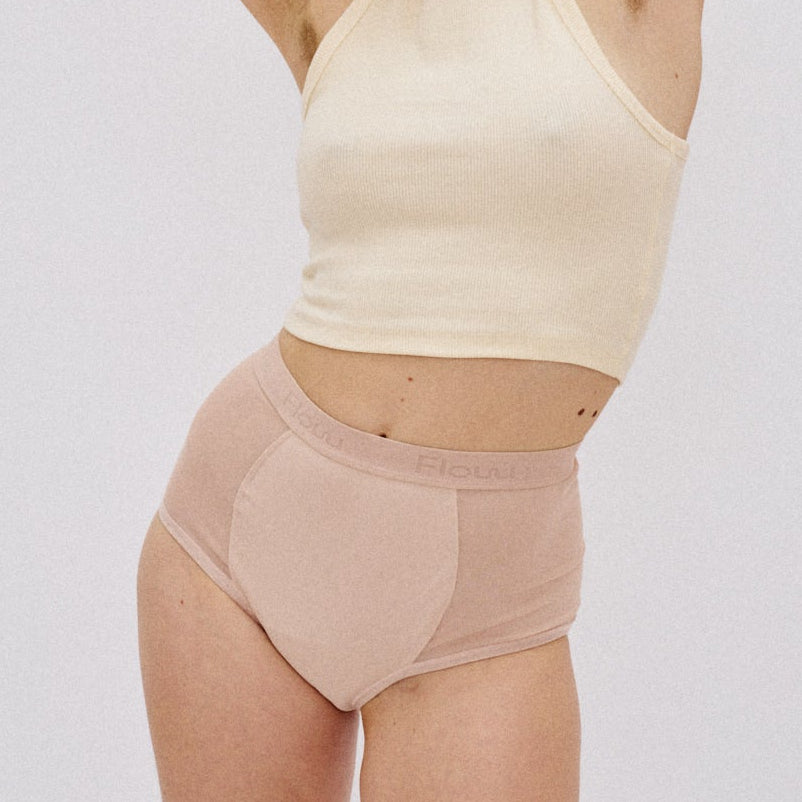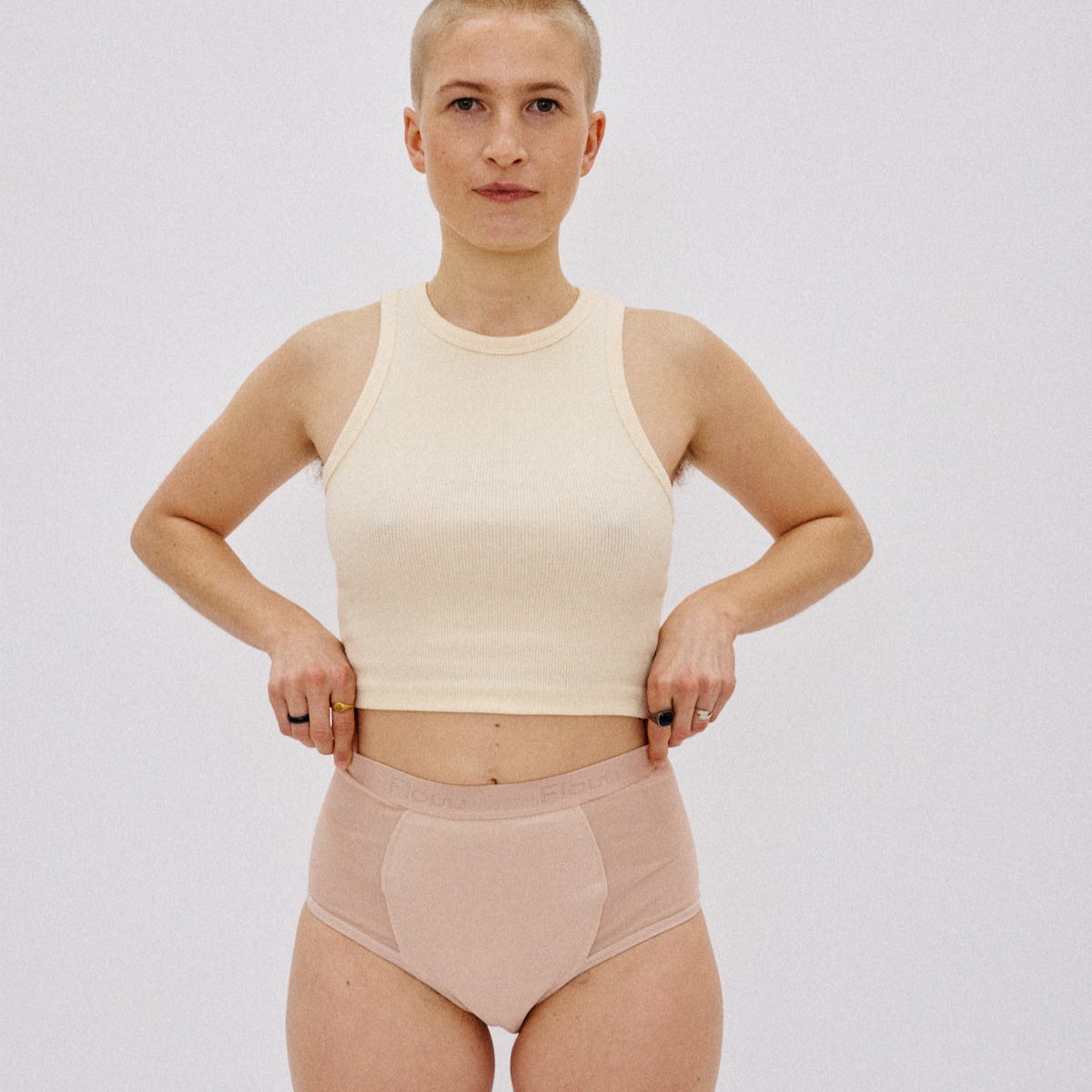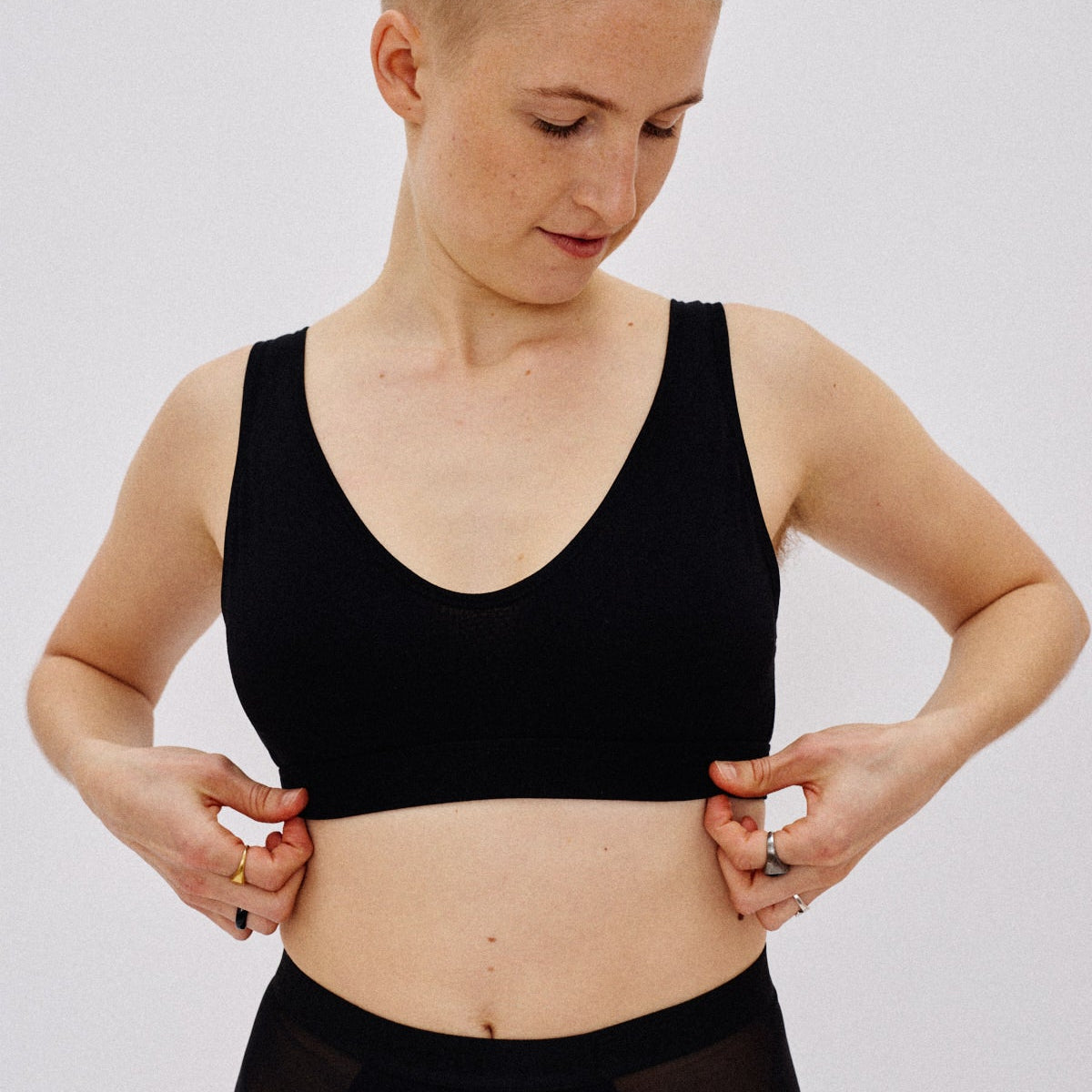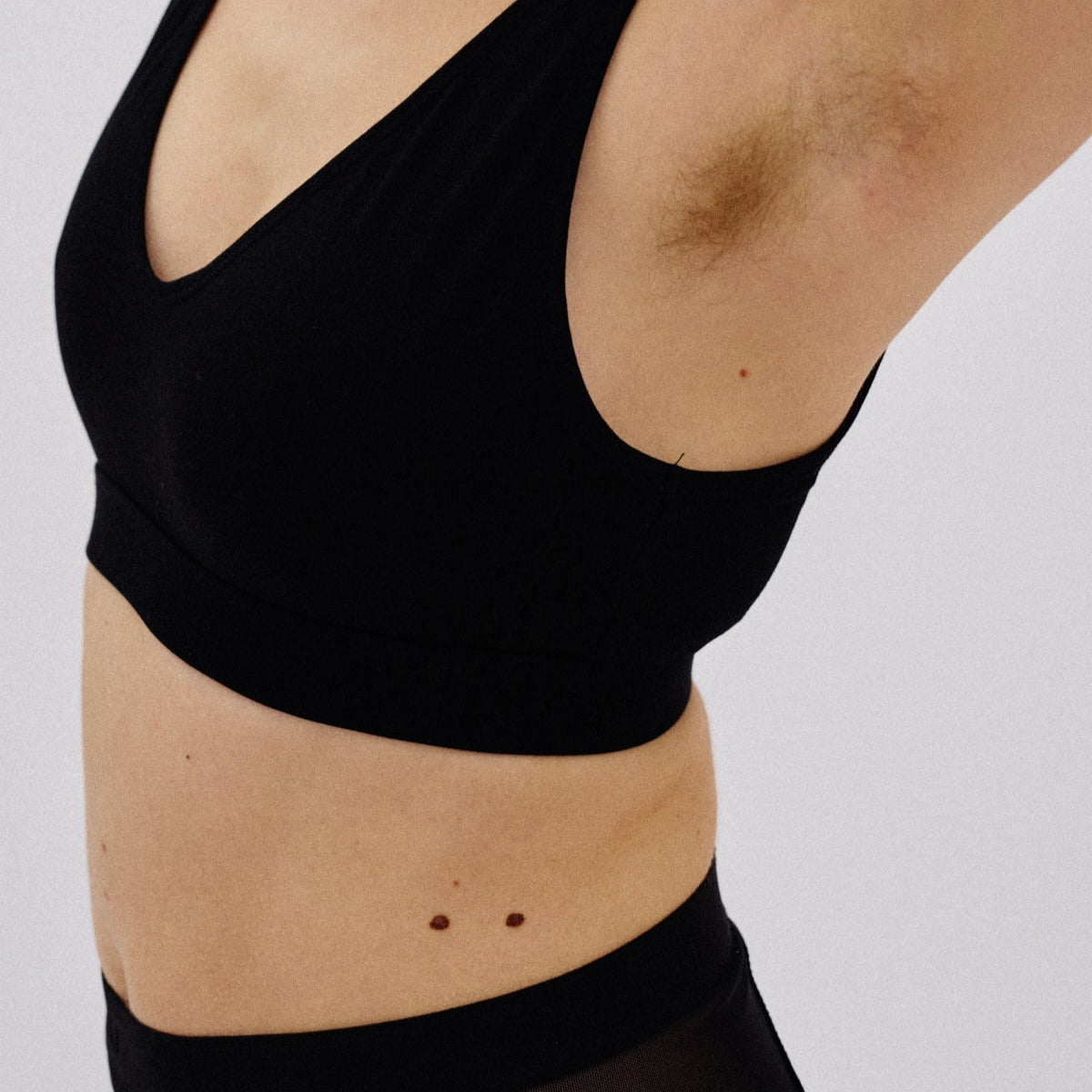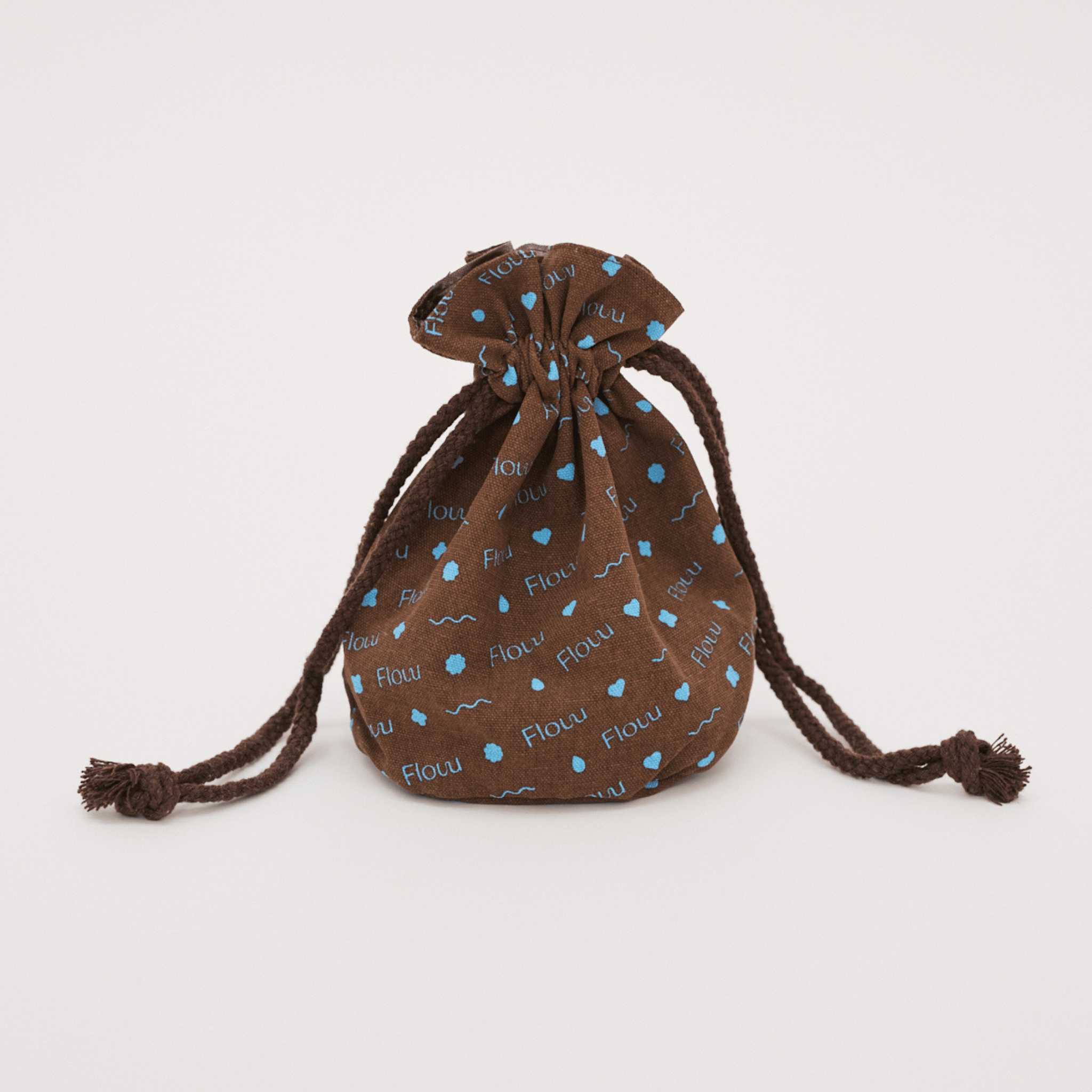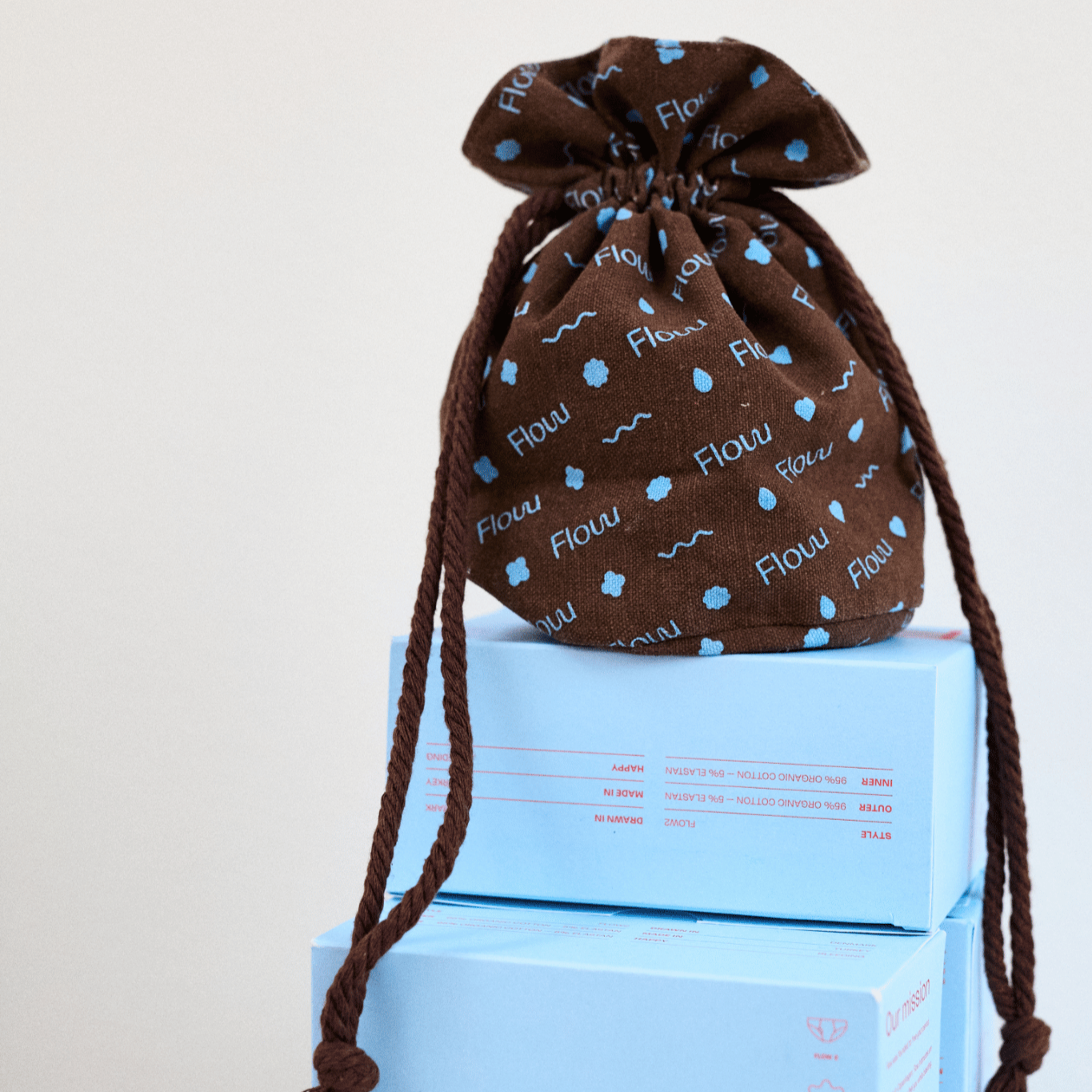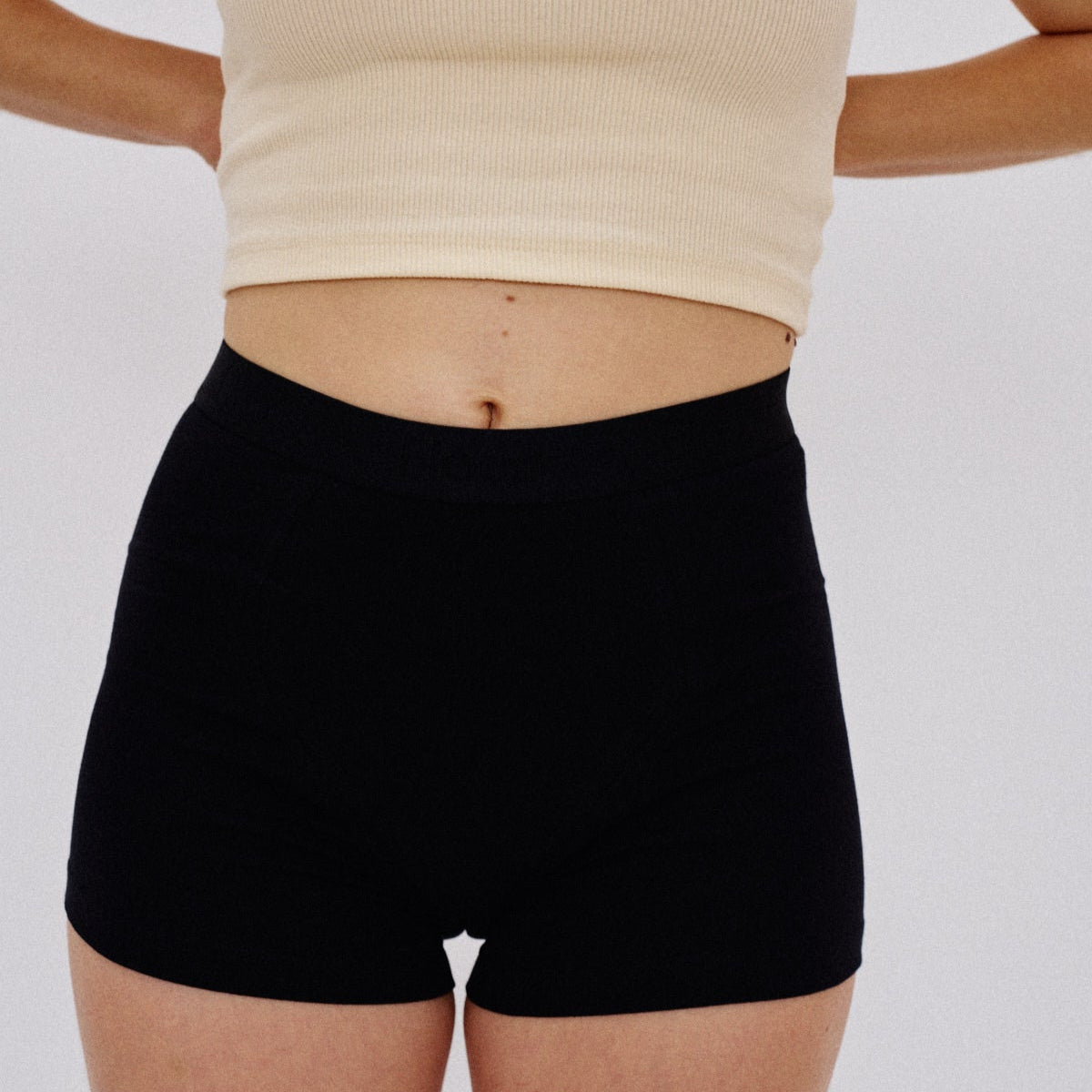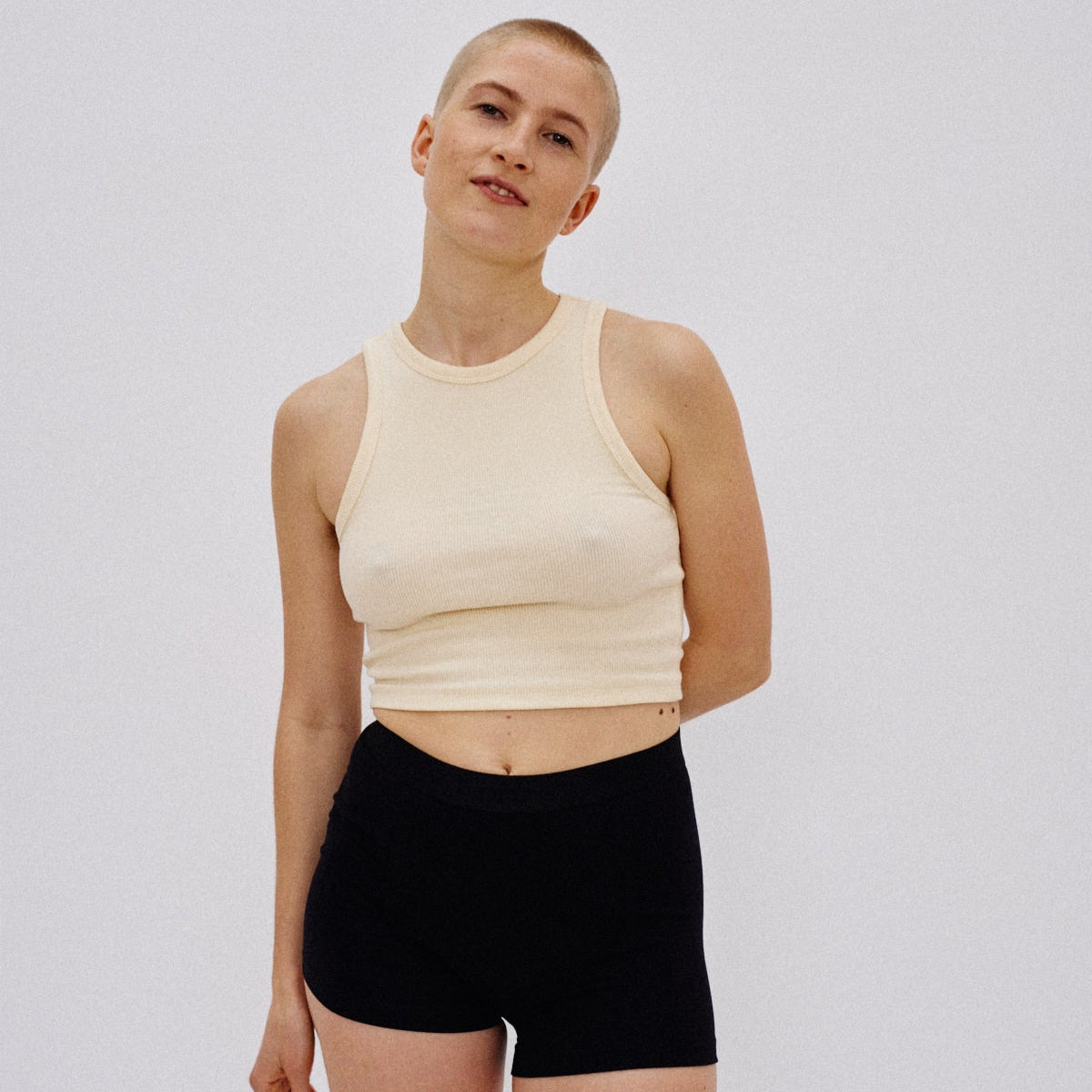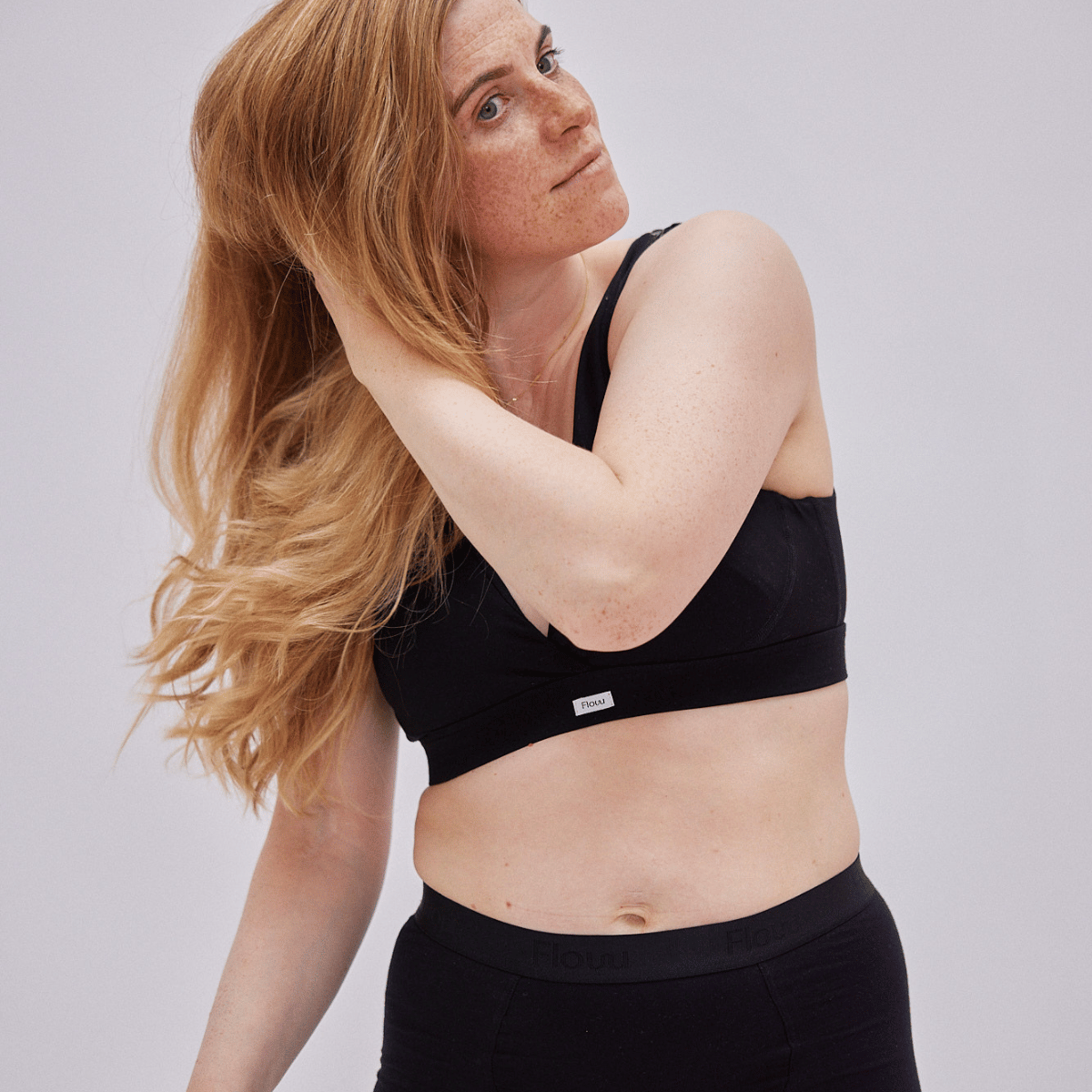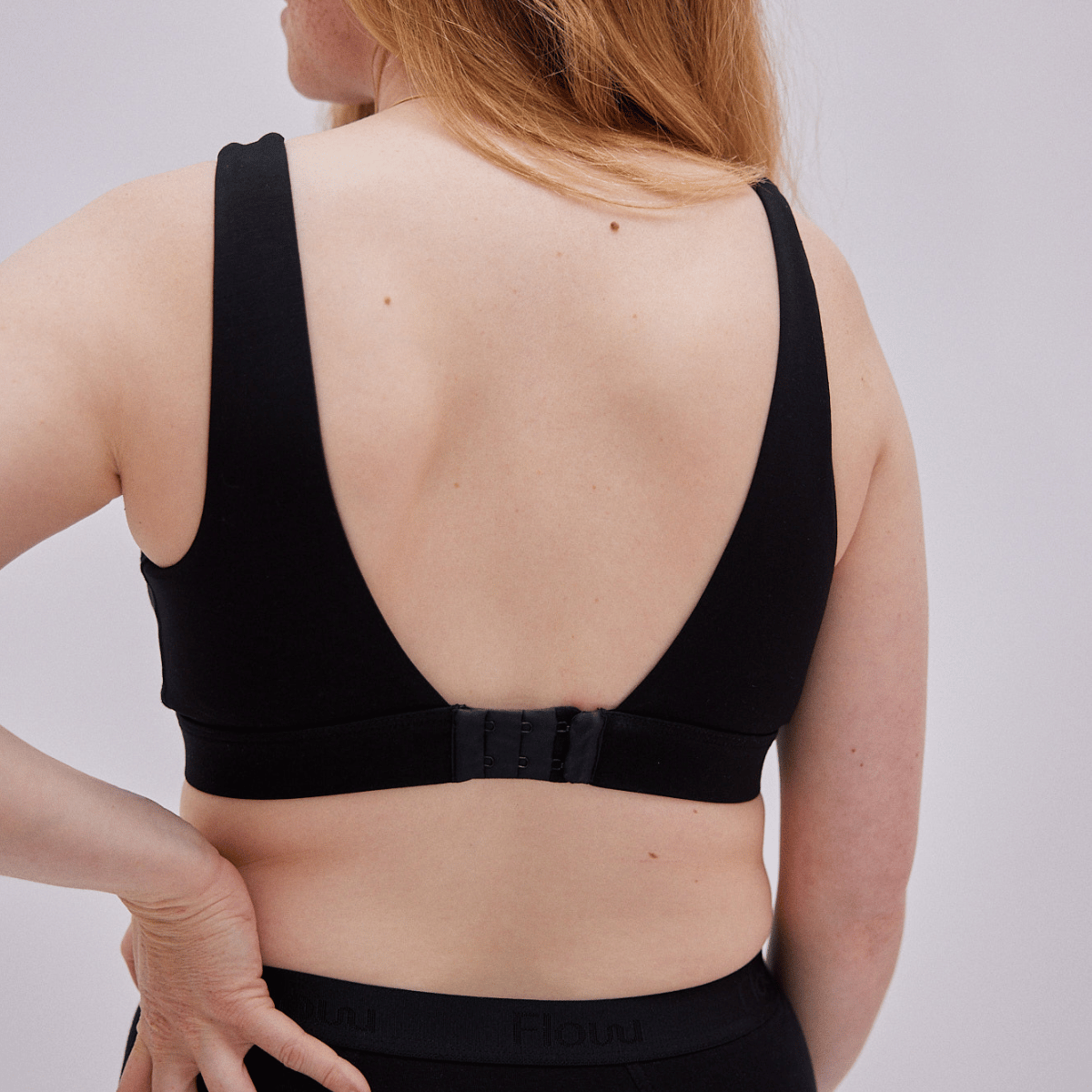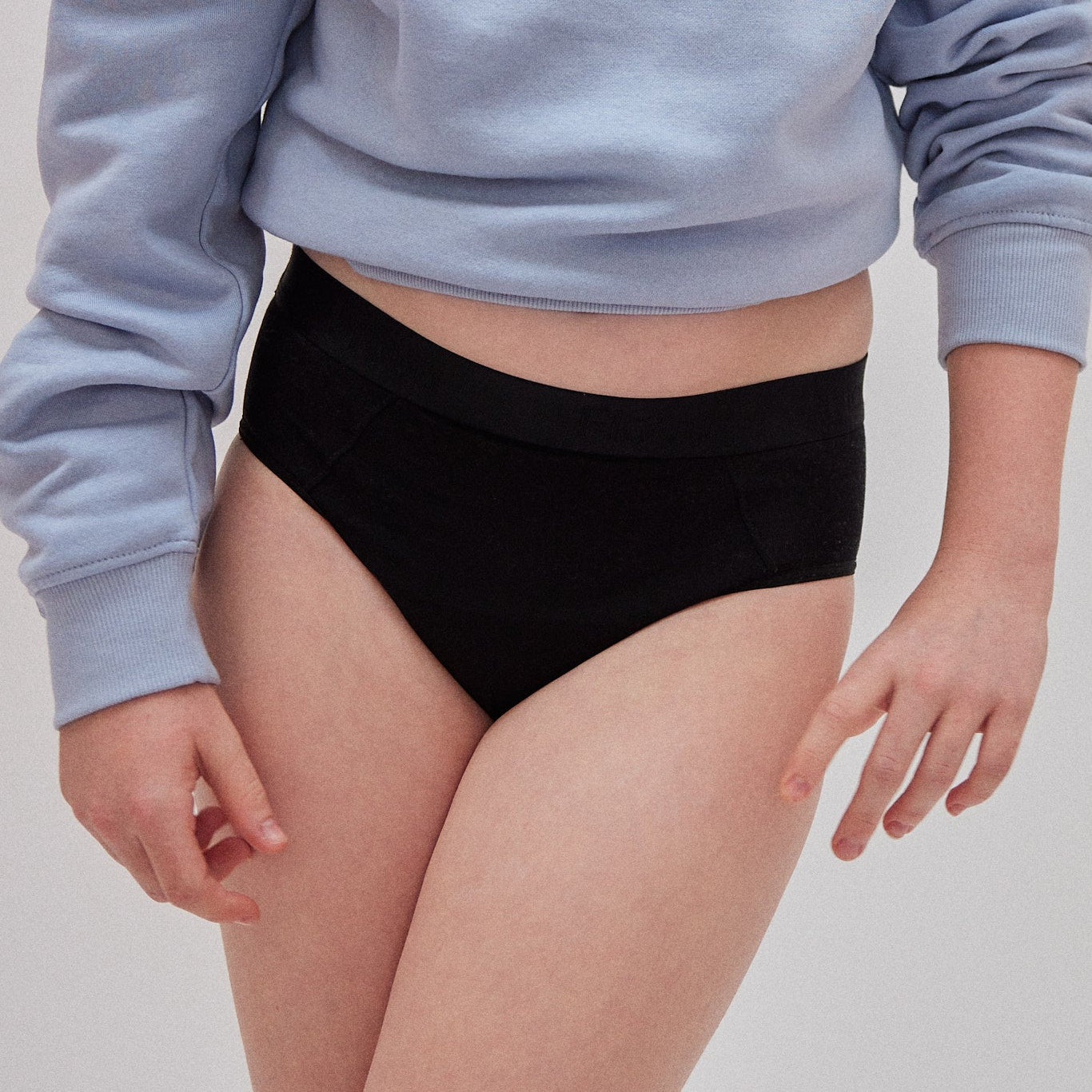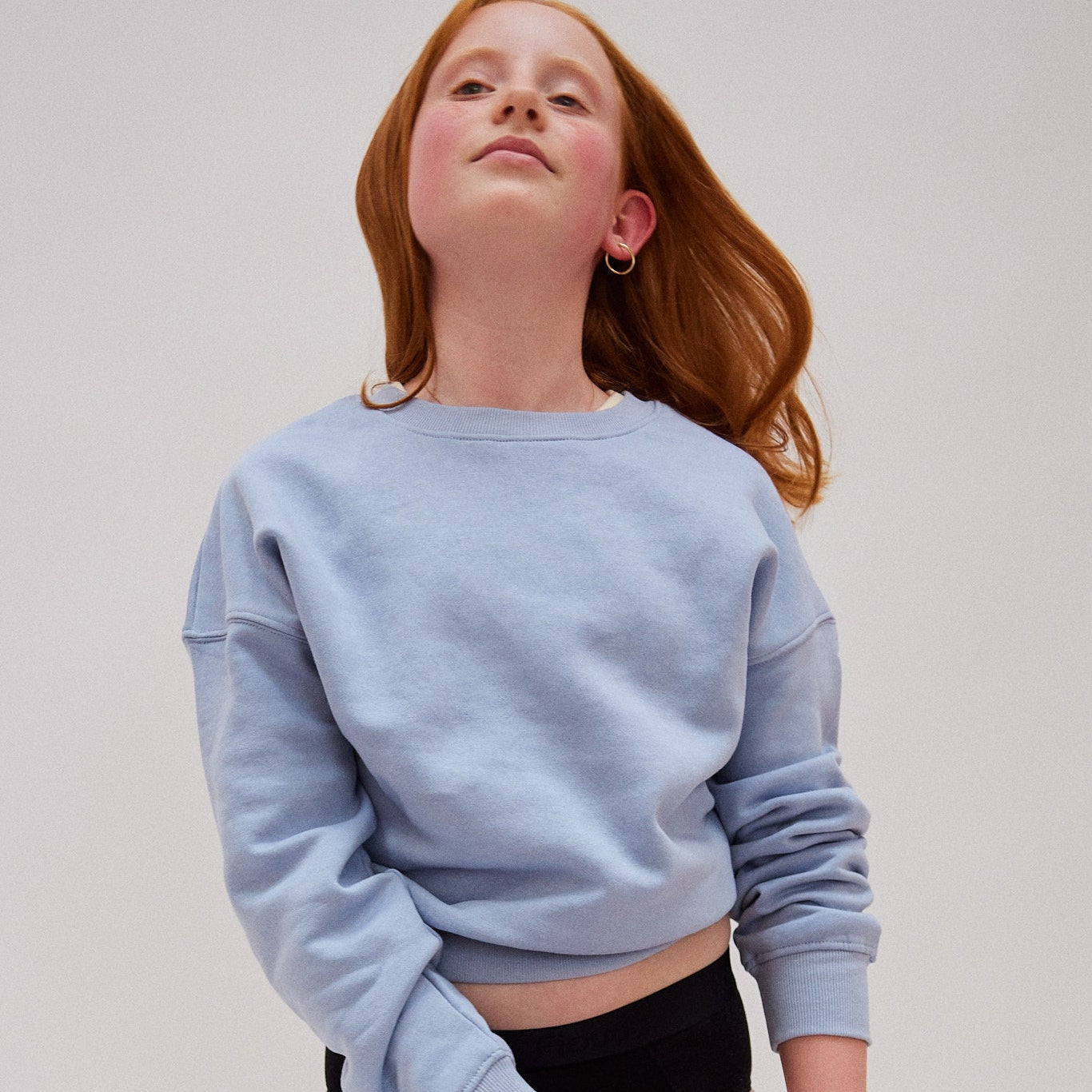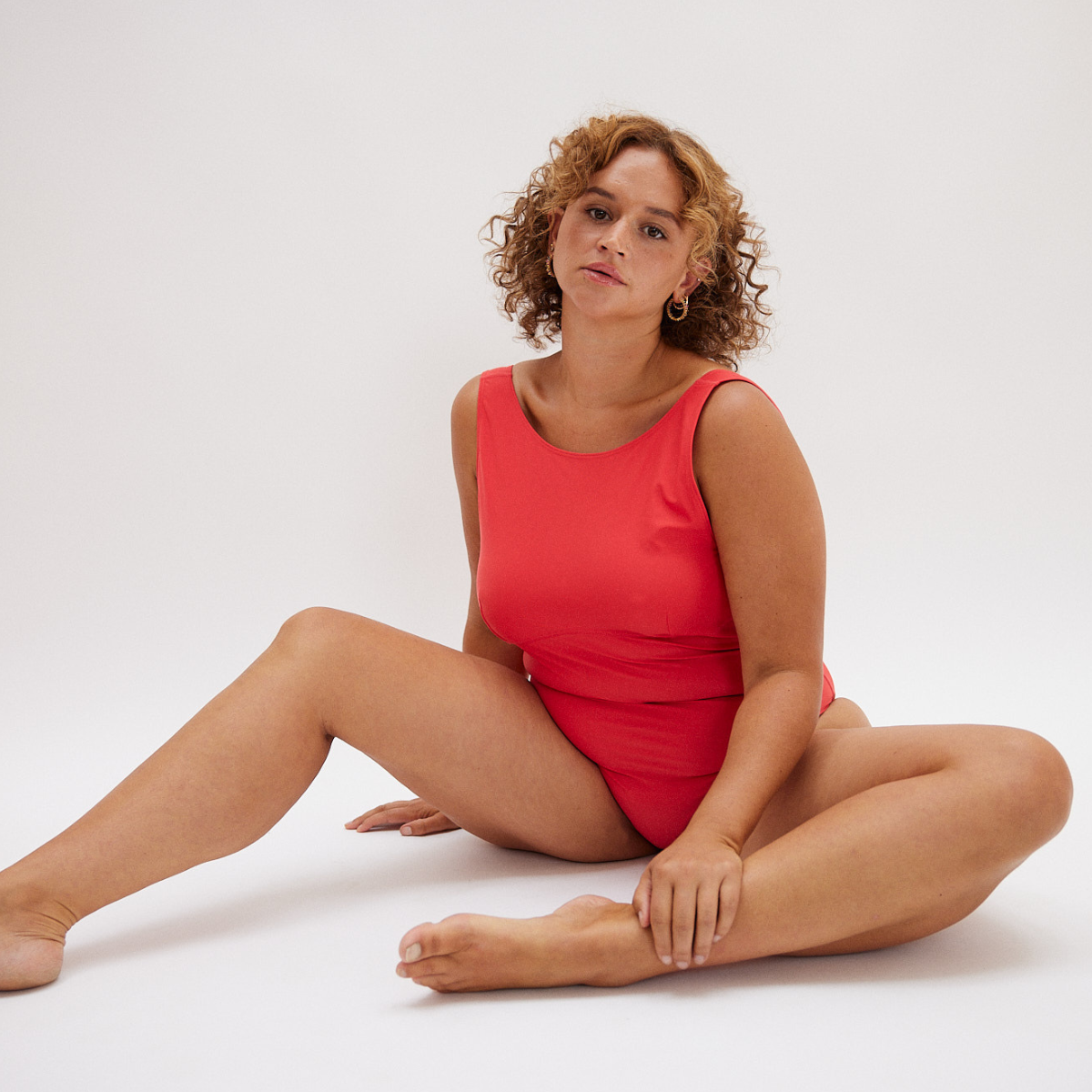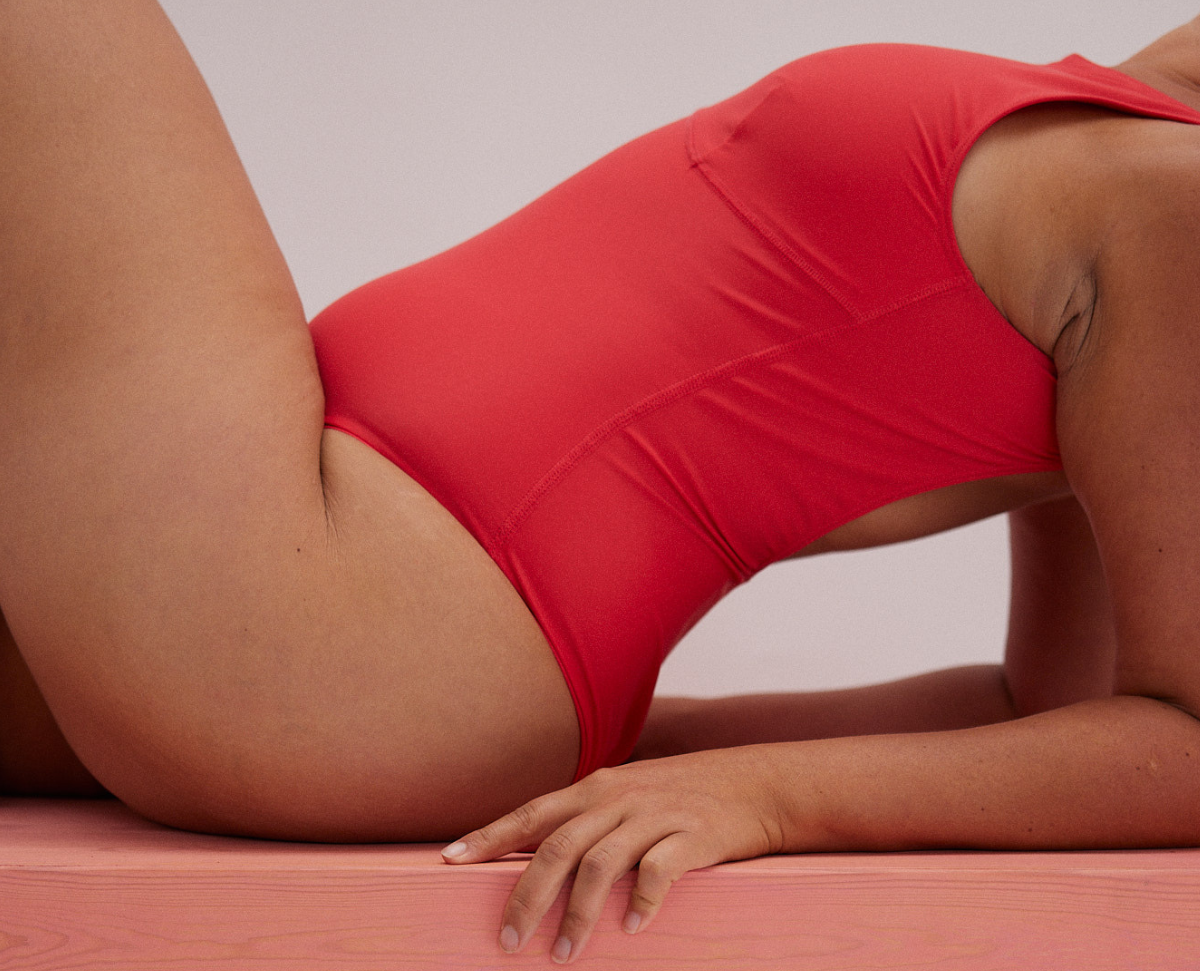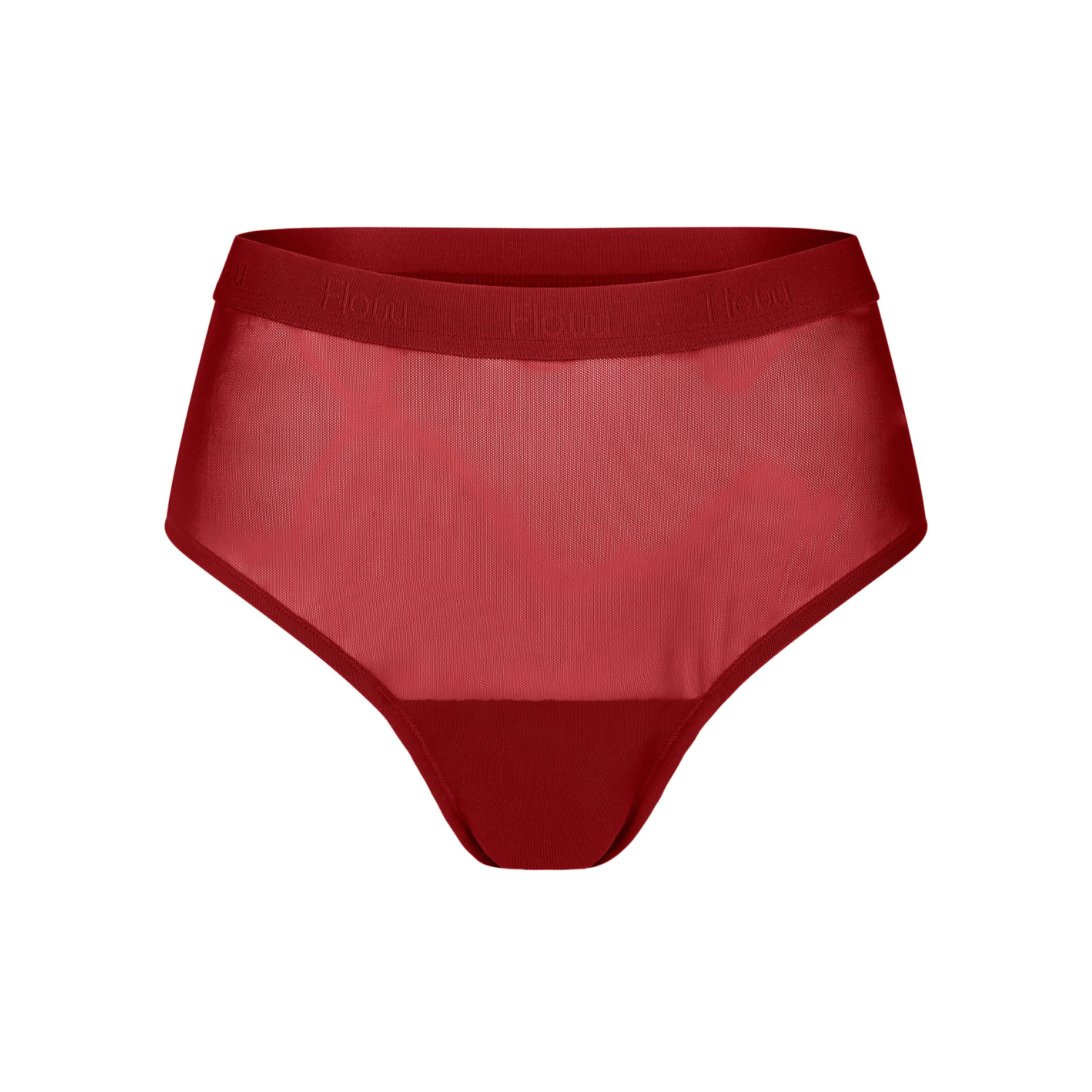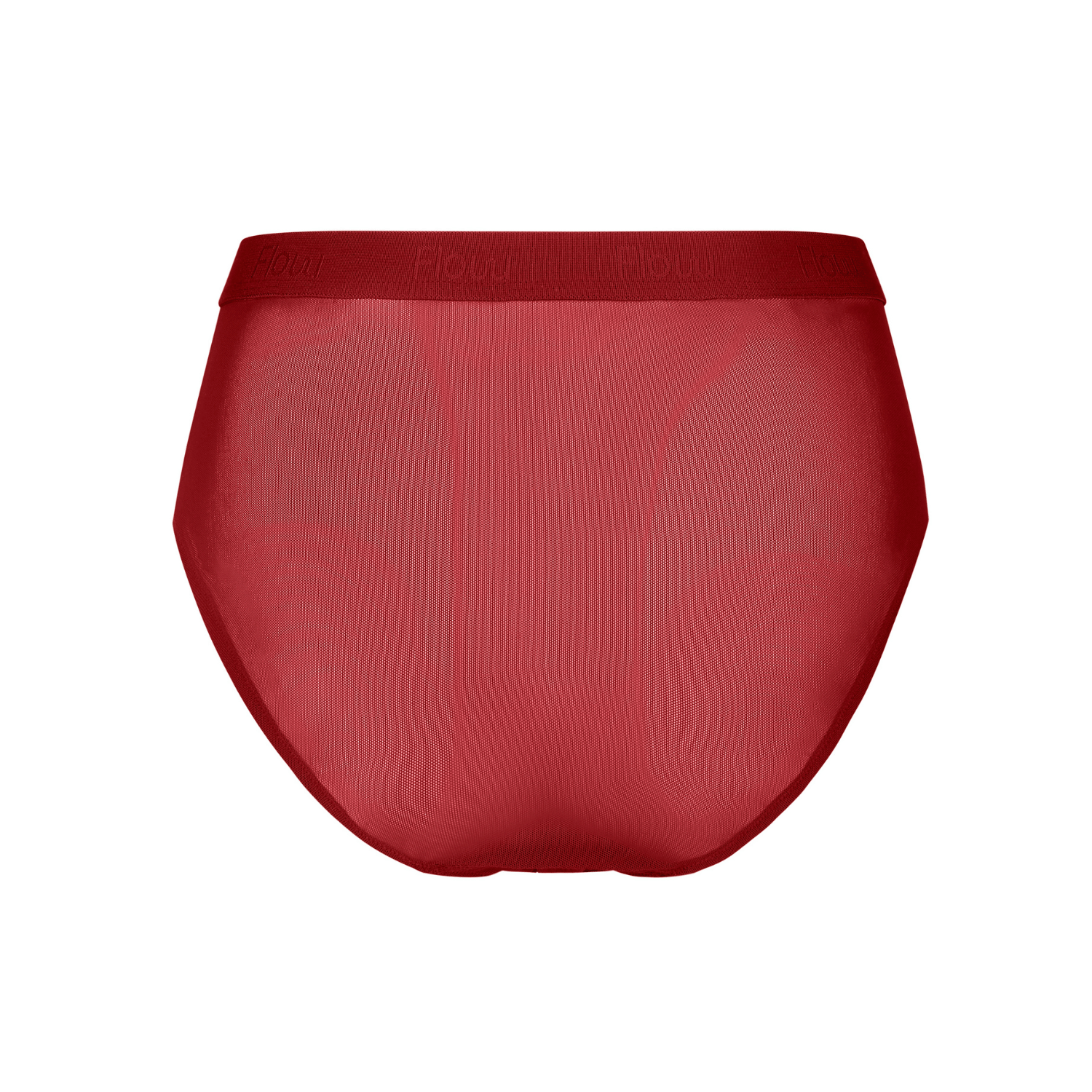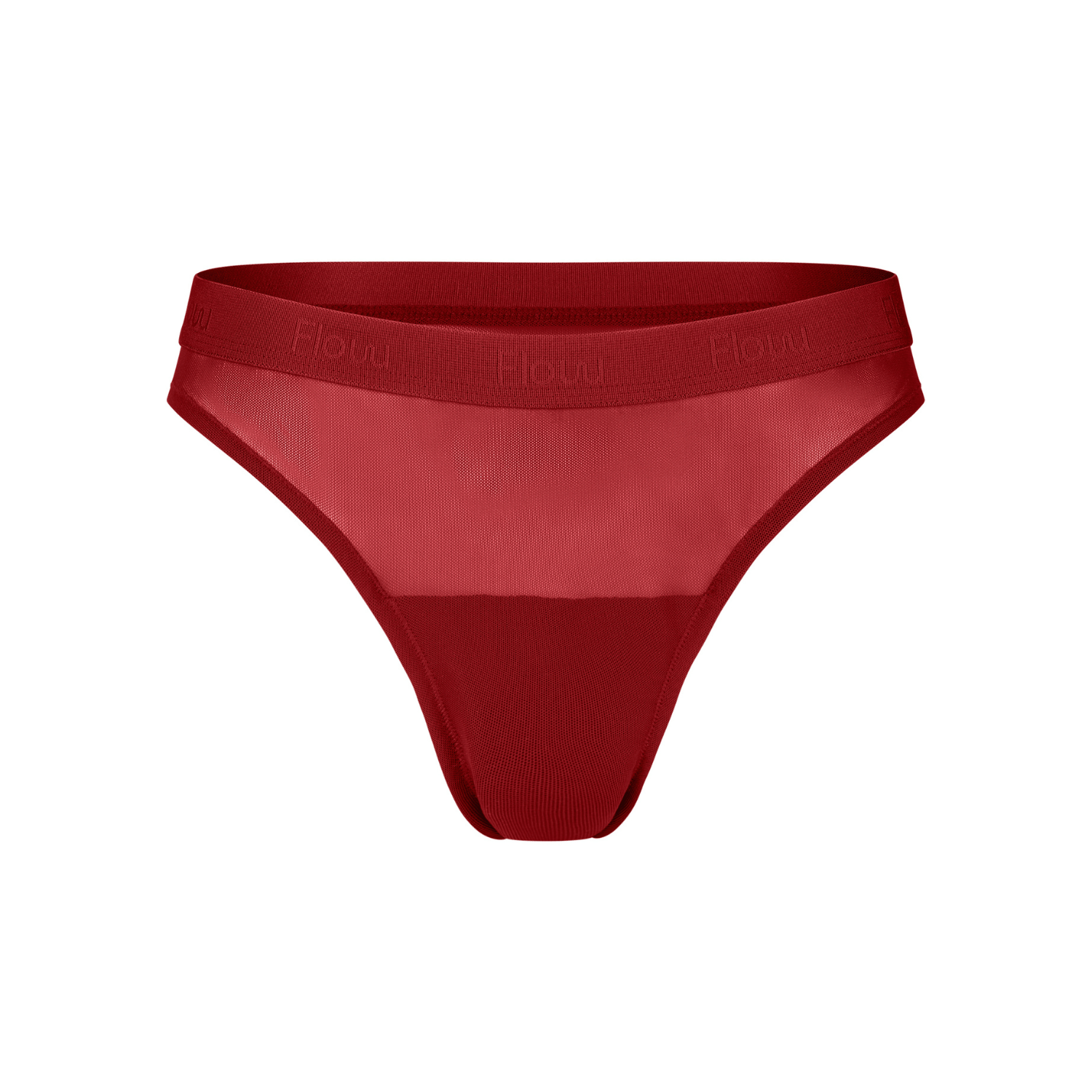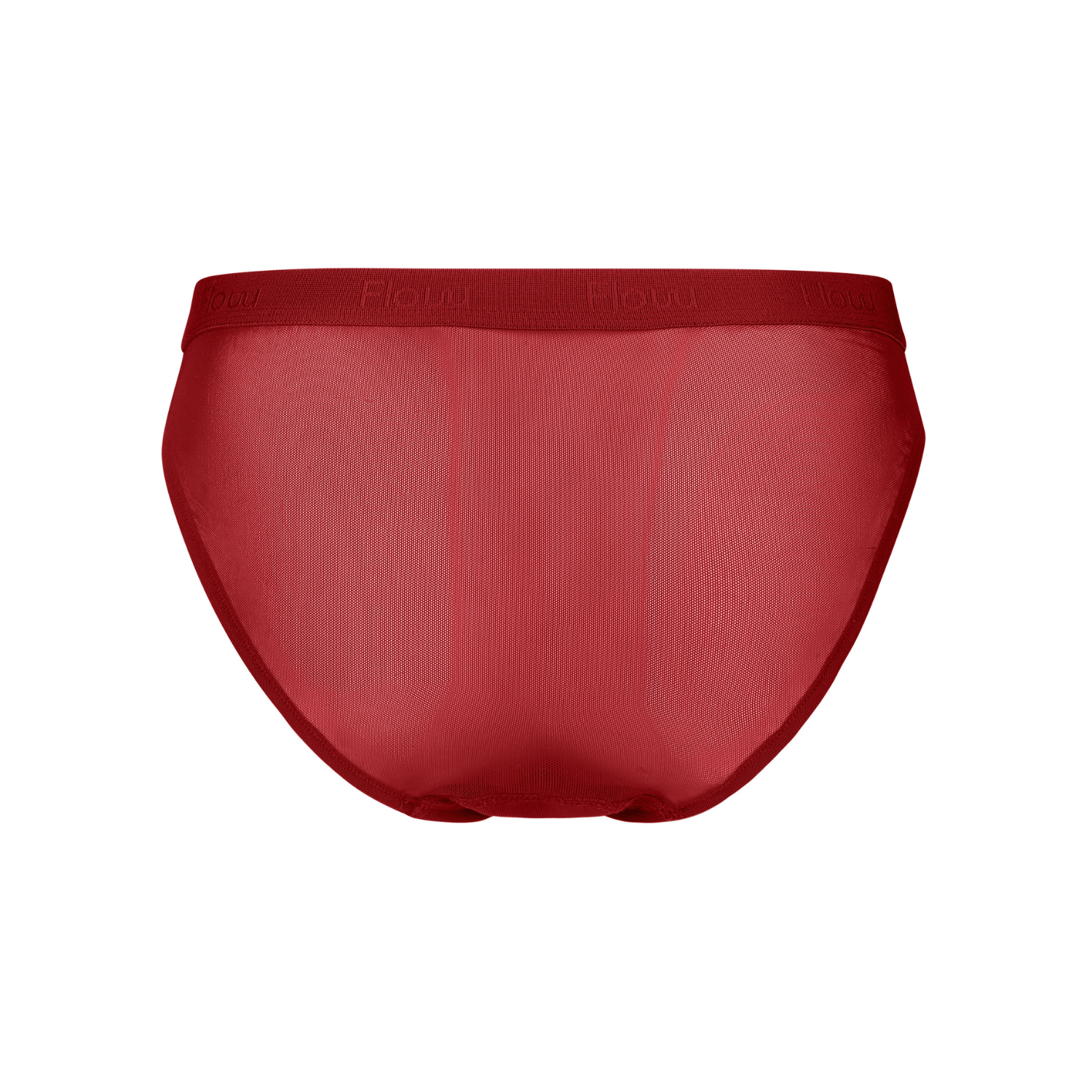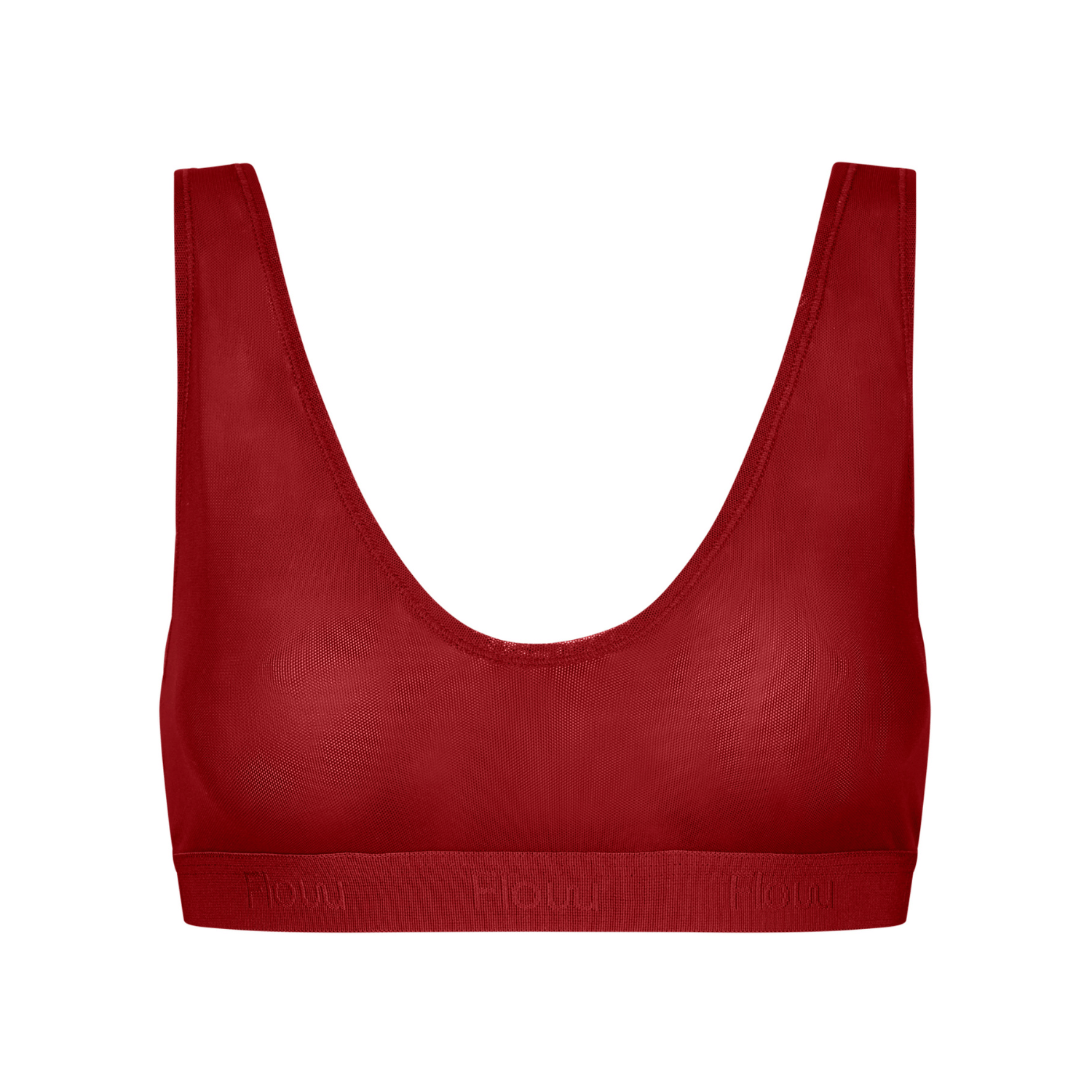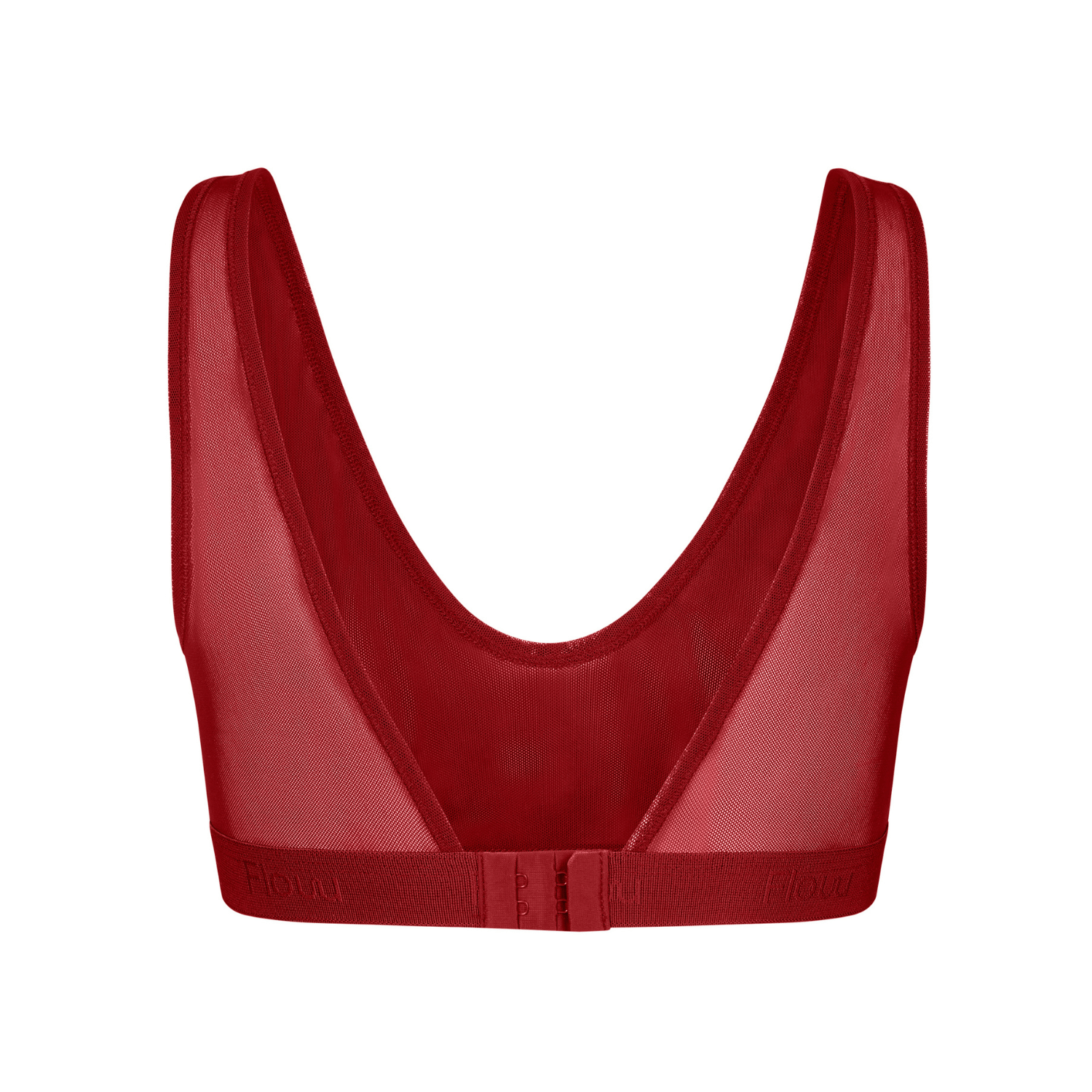When does your period stop?
Menstruation. It has a first day and a last day, and we have no idea when either of those are. But it's clearly one of the most enduring 'habits' our bodies have. If you're on average 12 years old when you get your first period, that's about 500 periods. Isn't that crazy to think about?
But one day it happens; it stops. Not out of the blue - there will be small and big signals from the body that the change is coming. Some are more bothered by these “signals” than others. For some it can be a huge relief when menstruation finally stops - and for others it is a slightly sad goodbye to something so uncommonly familiar.
No matter how we feel about it, it happens to all of us sooner or later.
But when does menstruation actually stop?
In this post, we'll dive into what menopause is, when your period stops, and what to expect from your body during this time. Hello, brave new world, we're just saying!
Before we dive into the topic, let's just outline the new concepts for you and put a few words on each phase that the body goes through when we talk about menopause:
The four phases are as follows:
- Premenopause: Regular monthly periods (without hot flashes)
- Perimenopause: Irregular menstrual periods with varying cycle length (with or without hot flashes). Lasts up to one year after the last regular period
- Menopause: The last physiological menstruation
- Postmenopause: When you have not had a period for at least 1 year.
Menopause – goodbye to menstruation
Let's start with the basics. Menopause is the period when the body begins to change and slowly moves away from being able to get pregnant. This happens for most women between the ages of 45-55, but it can happen earlier or later, depending on your body and genetics.
What happens in the body is that the ovaries' production of the female sex hormones estrogen and progesterone begins to fluctuate greatly - and eventually stops completely. This also means that you can no longer get pregnant .
The cessation of menstruation is therefore a completely natural part of the body's own aging process. Many also describe it as a new and exciting period to enter. The chapter on making and carrying children is finally closed, and if you have children, they may even be grown up and can take care of themselves to a greater extent. You know yourself much better, many describe it as a wise woman era. A new period with greater insight, more peace and lots of wisdom.
The special thing about menopause is that it can only be determined somewhat retrospectively, if you like. From the time your periods have changed to when they stop, your periods must have stopped completely for at least 12 months . This marks the start of what we call postmenopause.
So you won't stop getting your period from one day to the next. It's a longer period, for some up to 5-10 years, where the body slowly changes and so does menstruation.
What does menopause feel like?
Some say that there are over 30 different symptoms during menopause. And 3 out of 4 women and people with a uterus will experience discomfort related to this transition.
Many people experience these hormonal changes such as hot flashes, mood swings , sleep problems and vaginal dryness, to name just a few of the more common ones. But it can also be 'brain fog', urination problems, night sweats, hair loss, irregular periods, weight gain, changes in libido, sore joints, palpitations, severe fatigue. How much bother you is different from body to body. For some, the symptoms are mild, for others they can be more noticeable, and for some they can be so disruptive that it really affects their everyday life. But there is help available, and no one should accept being severely affected in their everyday life - talk to your doctor and insist on help.
Again, menopause doesn't happen overnight. It's a process that takes place over several years, and it's perfectly normal for your period to be irregular, both in length and strength, before it stops completely.
Menstruation after menopause?
Once menopause has occurred and menstruation has stopped, and you enter postmenopause, there will no longer be any bleeding. If you experience bleeding after menopause, it is usually harmless and is caused by dry and irritated mucous membranes in the vagina. The bleeding can be harmless, but it can also be a sign of something that needs attention, such as polyps or hormonal imbalances. Therefore, you should always see your doctor if you experience bleeding more than a year after your last period.
But when does menstruation stop?
It should be seen a bit like the first period, the last breastfeeding (if you have breastfed children) and other bodily processes - we rarely know when something happens for the very last (or first) time. Suddenly, in hindsight, you will know.
So there is no clear and precise time for when menstruation stops for everyone, as every body is different.
But we can tell you the average age at which menstruation stops, and it is around 51 years old. For some, it may happen earlier, especially if there is a family history of early menopause. For others, menstruation may continue a little longer.
Tip: A really good idea to get a clue about when it will happen for you would be to ask your mother when she went through menopause, because there is undoubtedly a hereditary perspective to it.
One thing is for sure – at some point your period will say goodbye and you will enter a new phase of your life. Maybe you have an older woman in your life who has gone through menopause that you can talk to and hear their experiences. It can be nice to talk to someone about what you are going through one day. Think about how crazy your body is. All the changes it goes through throughout your life, just because you have a uterus. Periods, pregnancies, and suddenly it is all over - but there is also something really beautiful waiting on the other side. A new chapter.
Dive into everything about menstruation
Menstruation is a huge topic that spans a long life, from its arrival in the early teens until it one day ceases when menopause strikes. At Flow Journal, we delve into all questions about menstruation and try to share everything we find out with you. Click around our Flow Journal and learn about a wide range of topics about menstruation. And if you have a wish for something we should investigate or write about? Then you can always reach out to us.
